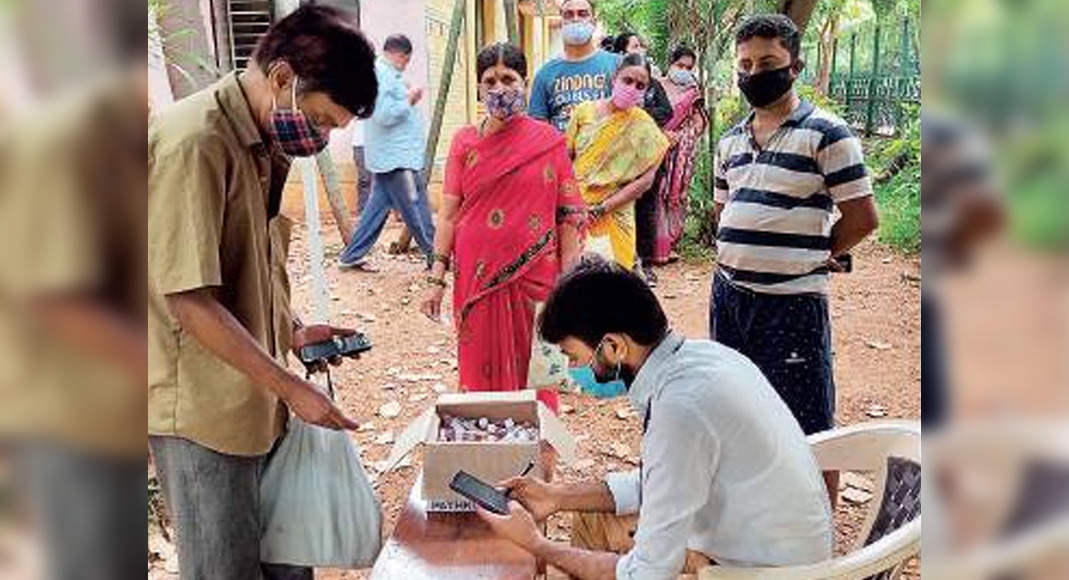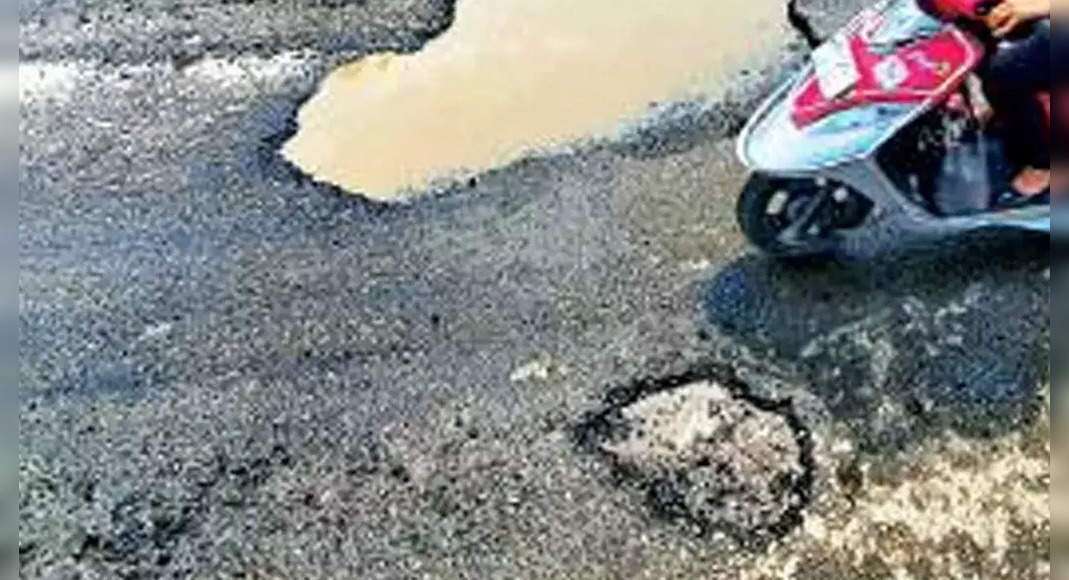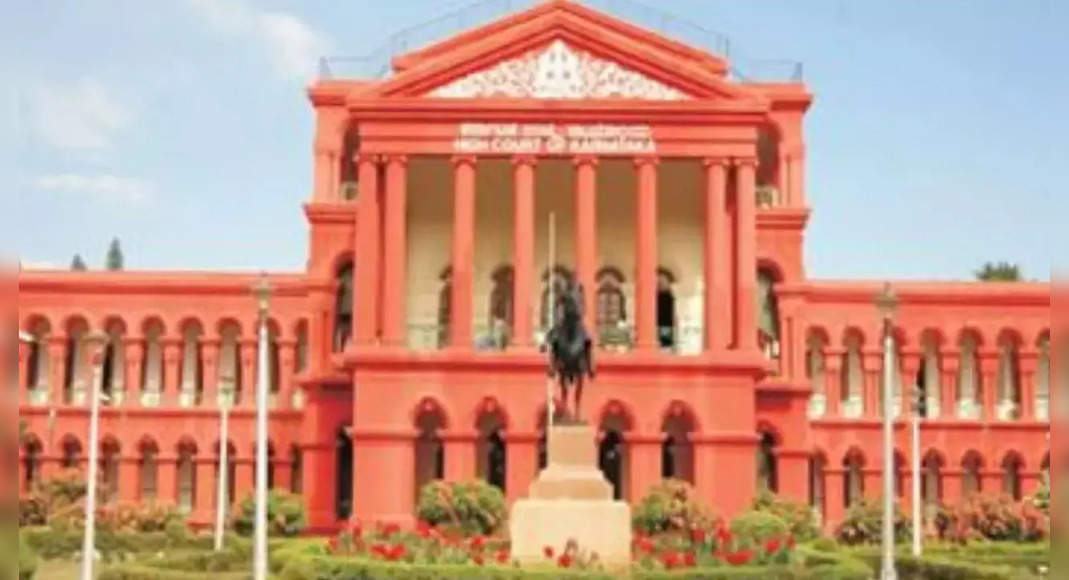BENGALURU: While the pandemic continues to envelope lives of people around the world, India’s top virologist Dr T Jacob John argues now is the best time to make eradication of the disease a global goal.
He has urged the World Health Organisation (WHO) to pass a resolution to create a committee to prepare a strategy to permanently rid the world of the virus.
Dr John and Dr Dhanya Dharmapalan, a paediatric infectious diseases expert from Mumbai, in a short paper published jointly, point out that once the world recovers from the pandemic, the disease is likely to stabilise and become endemic and seasonal, demanding perpetual control efforts in all countries.
That is unless it is eradicated.
Set up task forceDr John told TOI that efforts to eradicate the virus will become immensely difficult if it is delayed and that it might even become impossible if the virus spreads to wildlife.
“Our ability to eradicate the virus is only as long as it remains within humans,” Dr John said.
“Once it spreads to the wild, we will have to simply endure it in different forms at different times.” In the letter addressed to WHO director-general Dr Tedros Adhanom Ghebreyesus last month, Dr John and Dr Dhanya say that a resolution to empower a drafting committee or a task force to design a blueprint for the World Health Assembly (WHA) would go a long way in eradicating the virus.
The letter, copied to India’s health minister Harsh Vardhan, also the chair of WHO’s executive committee, and Dr Soumya Swaminathan, chief scientist, reads: “Such a resolution is likely to electrify stakeholders’ goodwill and enthusiasm.
The task force must present the strategy and a plan of action at the very next WHA meeting, and that is our purpose in writing to you now.
We anticipate that future generations will appreciate an eradication agenda and fear they may not forgive us if we fail to take timely actions.” Dr John and Dr Dhanya argue that the pandemic will transition into endemic prevalence in all countries.
The risk to life in senior citizens and those with comorbidities, and risk of “long Covid” and other unpleasant after-shocks like diabetes, heart disease etc., will continue even in endemic Covid-19.
Tools readily available“Eradication is ‘extreme control’, hence the present control efforts can be expanded and transformed into national/regional elimination goals and global eradication goals,” the letter reads.
The duo says that the required tools of primary prevention (vaccines) and of surveillance are already available and can be refined as necessary sewage surveillance, widely used in polio eradication, can be adapted.
“Covid-19 is currently anthroponosis [transmissible from humans to animals under natural conditions] although it emerged as zoonosis [disease that jumped from a non-human animal to humans].
Repetition of a similar event is unlikely, but we fear seeding of new vertebrate reservoir(s) by way of ‘reverse zoonosis’.
Eradication must pre-empt such eventualities.
The problems are, obviously, formidable, but not insurmountable,” the letter reads.
In their paper — ‘The time to begin plans for Covid-19 eradication is now’ — published earlier, they point out that endemic circulation will take a heavy toll on life annually and stress the need for eradication.
“Eradication is an extreme form of control, eliminating the disease permanently and globally.
There are effective vaccines and as the pandemic abates, herd immunity will be very high, enabling early eradication by additional build-up of a vaccine-induced herd immunity,” Dr John said.







